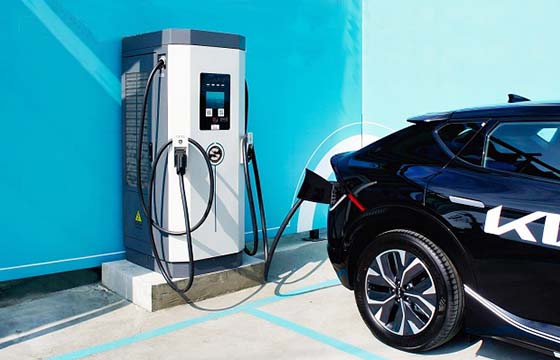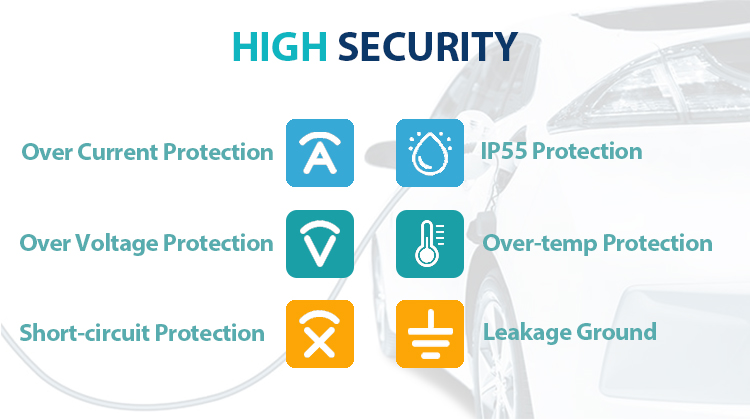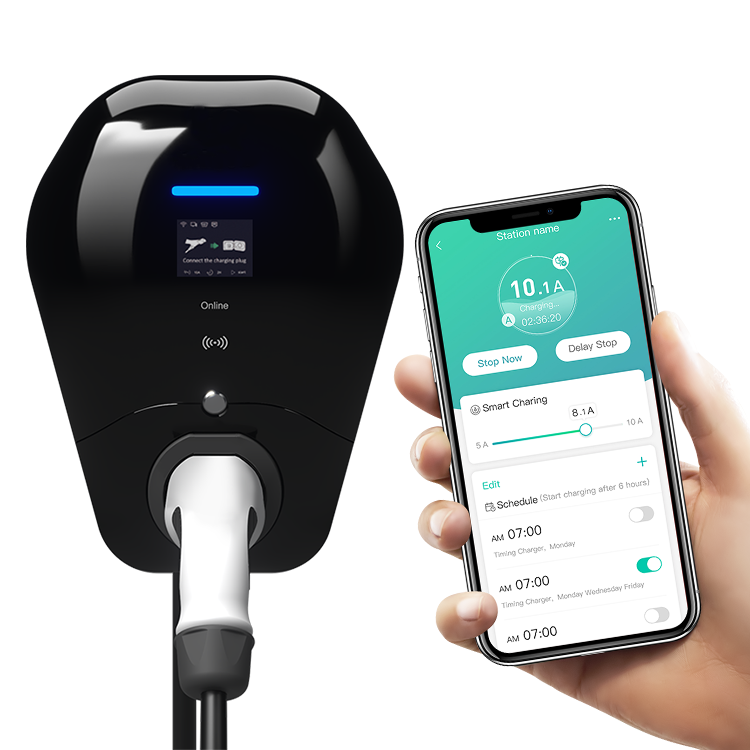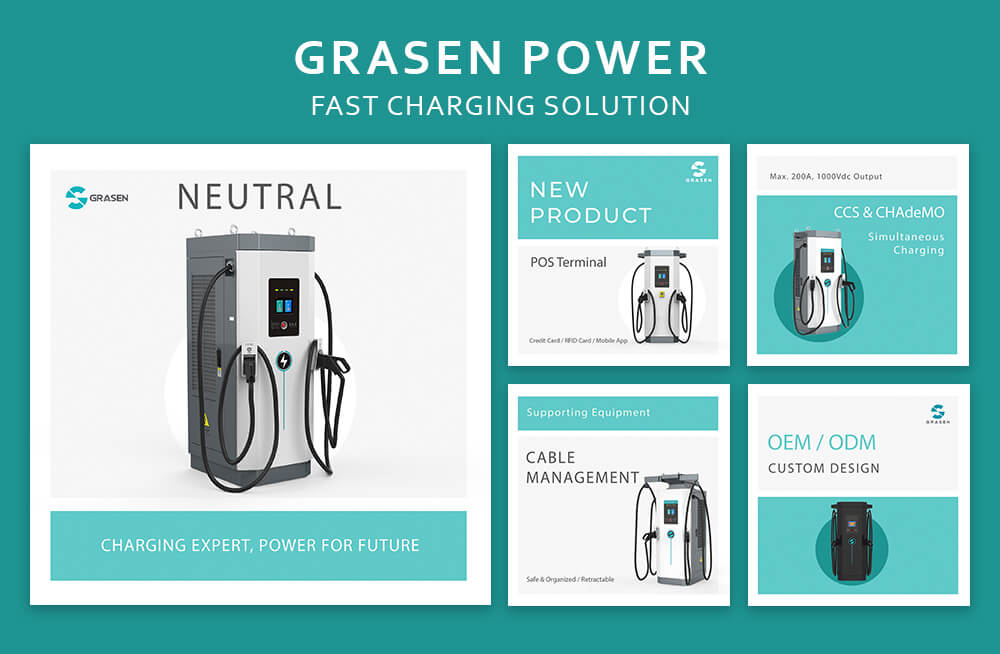Time:
As the summer heats up, electric vehicle (EV) owners should be aware of the impact hot weather can have on their car’s battery. While the ideal operating range for lithium-ion batteries is around 70 degrees Fahrenheit, temperatures of 100 degrees can cause a typical EV battery to drop to 80% of its rated capacity, resulting in a decreased range. In addition, as the battery tries to cool itself down, it uses up more energy.
But it’s not just about losing range. Batteries exposed to high temperatures can also be at risk of overheating, which can affect the chemistry of the cells and lead to premature battery degradation. This means that the battery may lose some of its charging capacity over time.

It's important to use charging stations that meet international safety standards. This helps to ensure that the charging process is safe for both the user and the vehicle. Before charging, it's also important to ensure that both the EV and the charging equipment are in good condition. Grasen EV chargers are CE-approved and designed with a high safety level.

When selecting a charging station, it's advisable to park and charge in the shade, as excessive heat can cause faster battery degradation and reduced capacity. Whether this is under a tree, garage, or anywhere for that matter, it will help to stop your battery from overheating (and will help maximize range too as your EV won’t utilize essential energy on cooling it down).
If a shaded area is not available, consider using a reflective sunshade on your vehicle's windshield to minimize the heat absorbed by the interior and battery.
Generally, public charging stations have high-temperature protection devices, which are relatively safe for charging. For example, Grasen's DC fast charger will limit the power output when the ambient temperature exceeds 55°C.
In order to maintain good battery health, industry experts recommend keeping your electric vehicle's charge level between 20% and 80%, especially during hot temperatures.
Lithium-ion batteries, in particular, perform best when kept below 80%, as charging past this level can cause increased resistance and accelerate long-term degradation. Unless you require more energy for longer trips, there's no need to charge your battery all the way to 100%.
To maintain the health of your EV battery, charge your car during cooler hours like early morning or late evening. High temperatures can cause increased resistance in the battery, leading to slower charging times and potential damage to the battery over time.

Many modern EVs or EV chargers like Grasen's products have an intelligent function that allows you to set a schedule to charge during off-peak hours with lower electricity rates and cooler temperatures. This will not only save on energy costs but also maintain optimal charging speeds.
Summer rain is a common occurrence that requires caution when charging electric vehicles. It is important to ensure that the charging ports are not exposed to rainwater, which can cause safety hazards. In addition, heavy rainfall can result in flooded roads, which can pose a risk to electric vehicles with batteries located in the bottom of the car. Therefore, it is important to avoid driving through flooded roads to prevent any potential safety hazards.
Although public charging stations typically have waterproof, dustproof, and lightning protection functions to ensure the safety of users. However, in the event of a severe thunderstorm, it is recommended to avoid charging during the rain to avoid any unforeseen risks.
Overall, following these tips for charging your EV this summer can help to maximize your vehicle's range and prolong the life of its battery. Thankfully, the battery management system (BMS) and thermal management system in your EV work effectively in ensuring that the battery remains cool and functions optimally.
To take things to the next level, consider using a Grasen DC fast charger that can withstand extreme conditions. For more information, get in touch with us today!

Submit Request